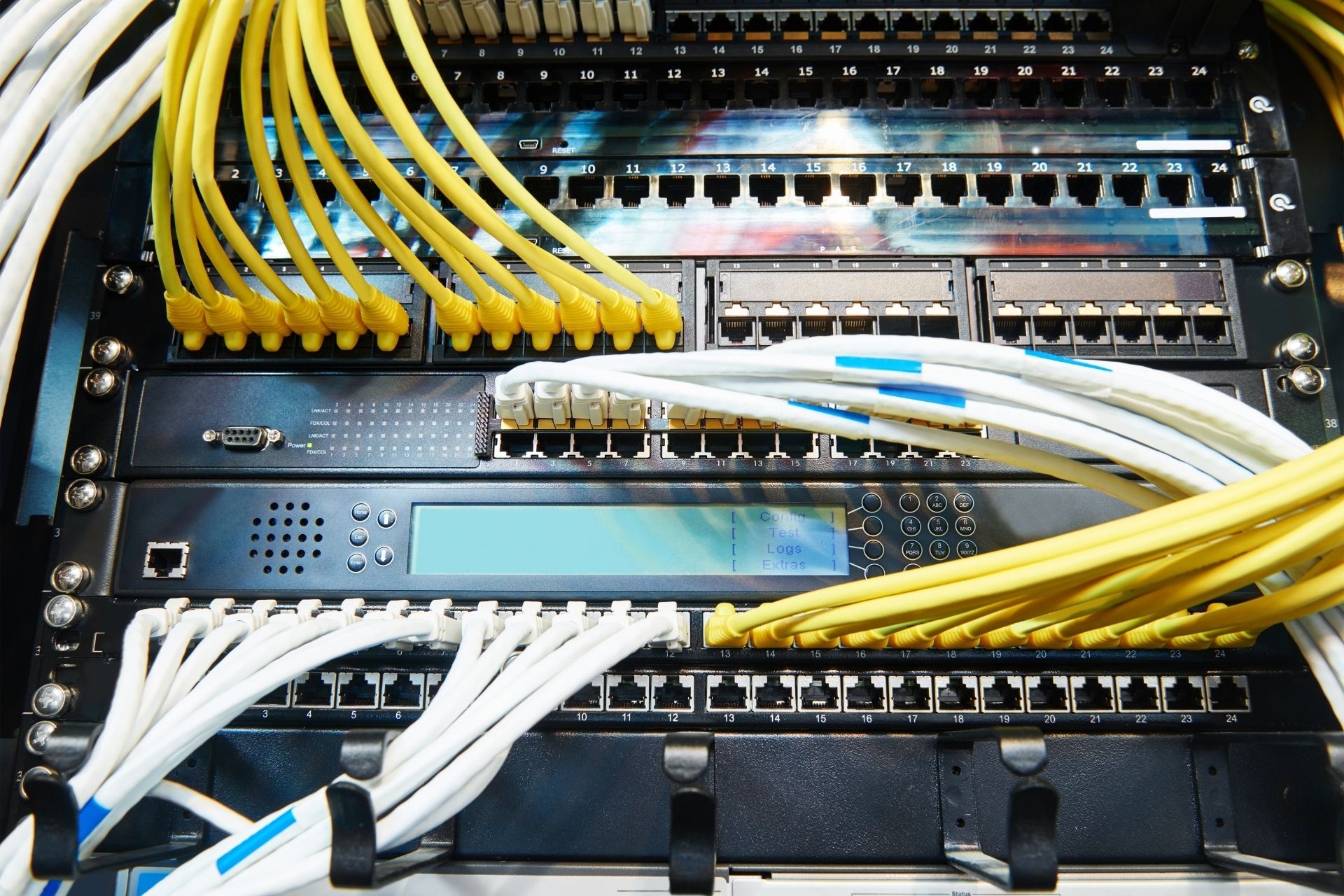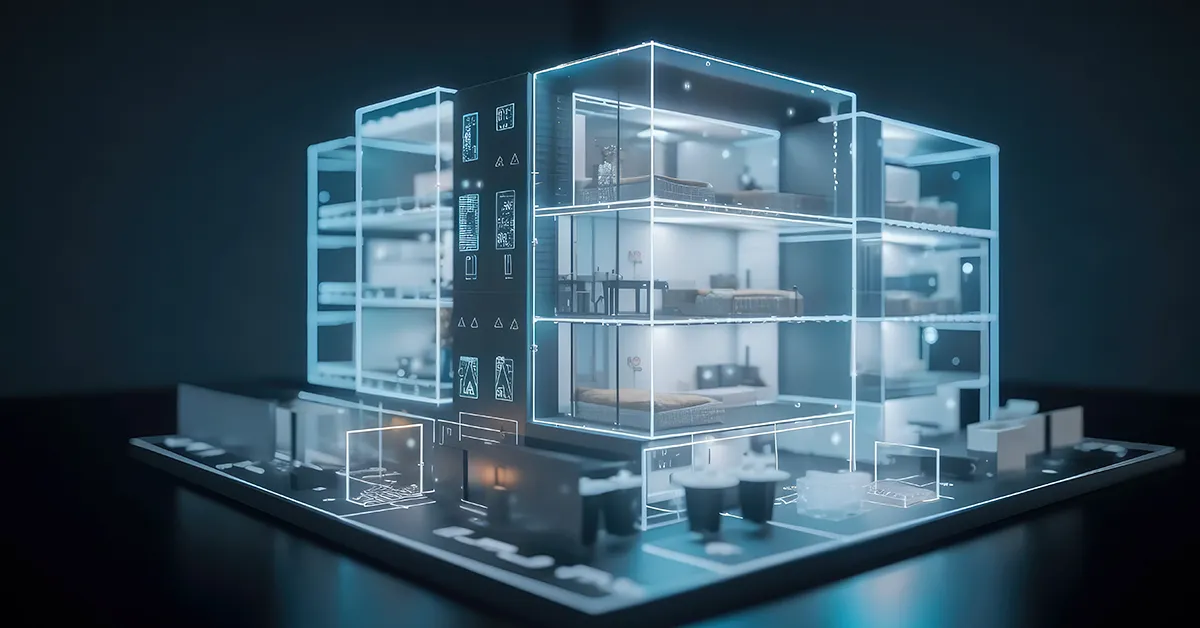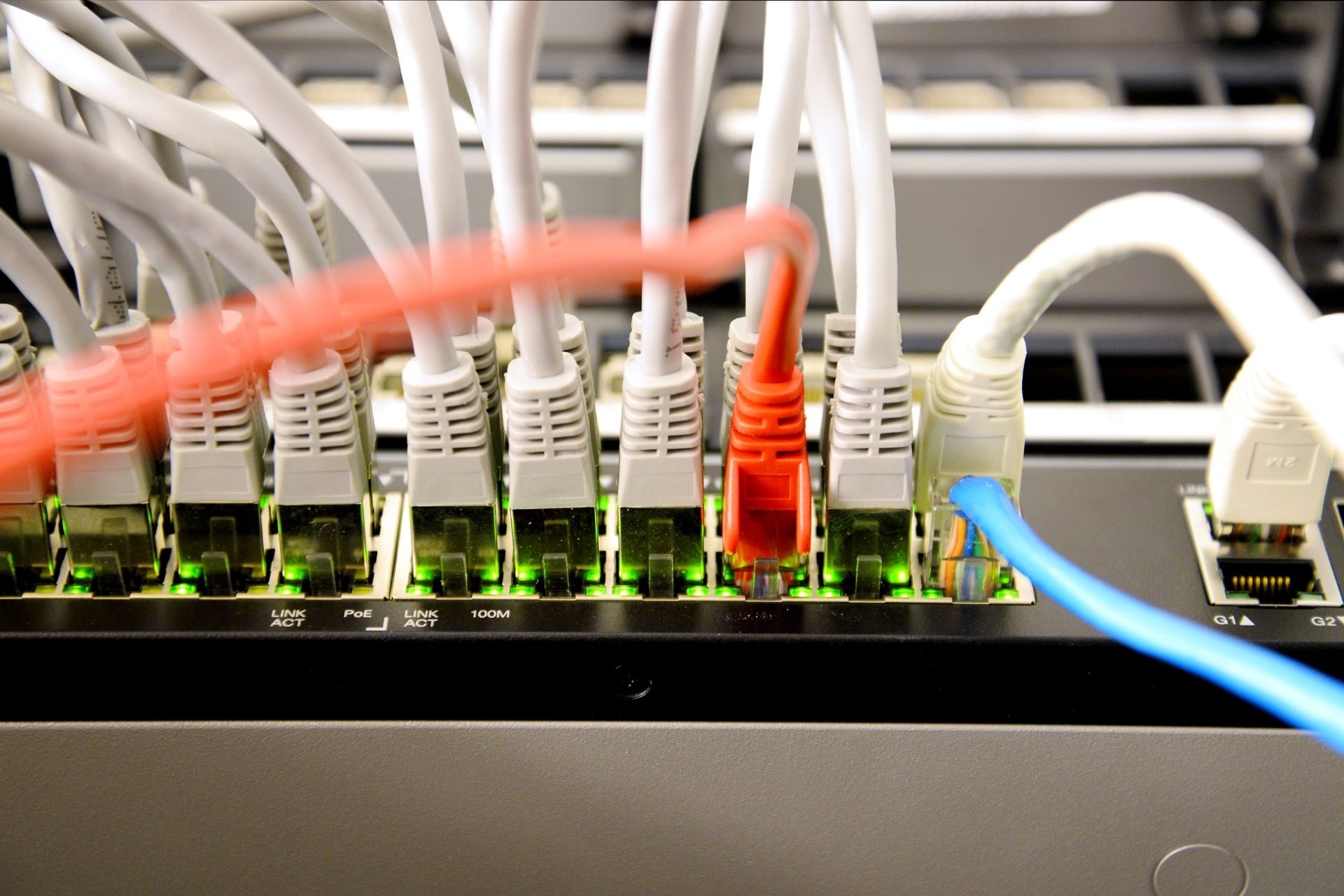

Internet Service Distribution Units (ISDUs) are specialized devices designed to efficiently distribute internet services to multiple endpoints within a network. Key features of ISDUs include high-speed data processing capabilities, advanced routing functionalities, and support for various network protocols. These units are typically used in large-scale enterprise networks to ensure seamless connectivity and optimal performance for users.
MDU Internet Infrastructure Used Currently For Commercial Applications in 2024
ISDUs differ from traditional routers and switches in several ways. While routers primarily focus on directing traffic between different networks, ISDUs are specifically designed to distribute internet services within a single network. Switches, on the other hand, are used to connect devices within a local area network (LAN), whereas ISDUs handle the distribution of internet services to a broader range of endpoints.
Multi-dwelling unit (MDU) residents no longer just expect a roof over their heads; they demand a reliable connected existence. Connectivity is key. The internet isnot only an indispensable utility, but one that MDU residents expect property owners to provide. This post explores why a reliable internet service is crucial for property management and the potential consequences of dead spots, slow speeds, and internet downtime.

Posted by on 2024-02-07
Greetings from the technical forefront of Dojo Networks, your community’s internet service provider. In this article, we embark on a technical journey to explore the intricacies of WiFi connectivity within your apartment complex. As WiFi ninjas, we'll delve into the advanced mechanisms and protocols underpinning our managed network, detail the disruptive influence caused by personal routers, and explain why a unified approach from all residents is essential for ensuring optimal internet performance.

Posted by on 2024-01-18
It’s in our DNA. It made us who we are. DojoNetworks got its start more than 20 years ago as an internet company selling retail direct to MDU residents. We sold against the big carriers… one customer at a time. To win over–and retain–customers who assumed the cable company was their only option, we had to provide better value and better service. No other service provider in our industry, no one, has this amount of direct-to-customer experience or success. The carriers were used to being the only game in town, and the other MSPs all started with bulk, knowing they had a captive audience. A few MSPs are just now starting to offer opt-in service and have a year or two of experience.

Posted by on 2023-10-30
Smart apartment buildings, equipped with cutting-edge technology and automation systems, are becoming the new standard in property management. In this comprehensive guide, we will explore the concept of smart apartment buildings, the benefits they offer to owners and tenants, how to build or upgrade to one, the key features and technologies involved, and the steps to plan and implement a smart apartment building strategy.

Posted by on 2023-09-25
For students and other multi-tenant property residents, high-speed internet service is no longer a luxury. It’s a necessity. Internet access is commonly referred to as the “fourth utility” and is viewed by many to be THE MOST IMPORTANT UTILITY™.

Posted by on 2023-07-20
Yes, ISDUs can support multiple internet service providers simultaneously, allowing organizations to leverage different providers for redundancy, load balancing, or cost optimization purposes. By connecting to multiple ISPs, ISDUs can ensure continuous internet connectivity even if one provider experiences downtime or network issues. This flexibility makes ISDUs a valuable asset for maintaining network reliability.

Security measures implemented in ISDUs to protect network traffic typically include firewall capabilities, intrusion detection and prevention systems, encryption protocols, and access control mechanisms. These features help safeguard sensitive data, prevent unauthorized access, and mitigate potential cyber threats. By implementing robust security measures, ISDUs can ensure the integrity and confidentiality of network communications.
ISDUs handle Quality of Service (QoS) for different types of internet traffic by prioritizing data packets based on predefined rules and policies. This allows organizations to allocate bandwidth resources efficiently, ensuring that critical applications receive the necessary network resources to operate smoothly. By implementing QoS mechanisms, ISDUs can optimize network performance and enhance user experience for various types of internet traffic.

ISDUs are scalable for large enterprise networks, offering the flexibility to expand and accommodate growing network demands. These units can be easily integrated into existing network infrastructures and scaled up to support additional endpoints, users, and services. By leveraging modular and scalable designs, ISDUs can adapt to changing network requirements and effectively handle increased traffic volumes.
The advantages of using ISDUs in a distributed network architecture include improved network performance, enhanced reliability, and simplified management. By deploying ISDUs strategically throughout the network, organizations can optimize internet service distribution, reduce latency, and ensure consistent connectivity for users. Additionally, ISDUs enable centralized management and monitoring capabilities, allowing administrators to efficiently oversee network operations and troubleshoot issues proactively. Overall, ISDUs offer a comprehensive solution for optimizing internet service distribution in complex network environments.

Service level agreements (SLAs) in MDU internet contracts are typically negotiated between the internet service provider (ISP) and the property management company or homeowners' association representing the multi-dwelling unit (MDU). These negotiations often involve discussions around uptime guarantees, response times for technical support, and penalties for not meeting agreed-upon service levels. Once the SLA is agreed upon, it is enforced through regular monitoring of performance metrics by both parties. If the ISP fails to meet the SLA requirements, the contract may include provisions for compensation or termination of the agreement. Additionally, some MDU internet contracts may include clauses for dispute resolution in case of disagreements over SLA enforcement. Overall, negotiating and enforcing SLAs in MDU internet contracts is crucial for ensuring reliable and high-quality internet service for residents.
Remote PHY architecture offers several advantages in MDU broadband deployments. By moving the physical layer functions closer to the end-user, operators can improve signal quality, reduce latency, and increase bandwidth capacity. This architecture also allows for easier scalability and flexibility in network upgrades, as well as more efficient use of existing infrastructure. Additionally, remote PHY enables operators to provide advanced services such as high-definition video streaming, low-latency gaming, and IoT connectivity to residents in MDUs. Overall, remote PHY architecture enhances the overall user experience and helps operators meet the growing demand for high-speed internet in multi-dwelling units.
Multiple options are available for providing internet redundancy in MDUs, such as implementing diverse internet service providers (ISPs), utilizing load balancing routers, setting up failover connections, deploying SD-WAN technology, and establishing redundant network infrastructure. By leveraging a combination of these strategies, property managers can ensure uninterrupted internet connectivity for residents in multi-dwelling units. Additionally, incorporating backup power sources, like generators or battery backups, can further enhance the reliability of internet services in MDUs. Overall, a comprehensive approach to internet redundancy in MDUs involves a mix of hardware, software, and network configurations to guarantee seamless connectivity for residents.
Typical upgrade paths for MDU internet networks often involve transitioning from traditional copper-based infrastructure to fiber-optic technology to increase bandwidth and improve network reliability. This may include upgrading network equipment such as routers, switches, and modems to support higher speeds and accommodate more users. Additionally, implementing advanced networking protocols like DOCSIS 3.1 or GPON can enhance network performance and enable the delivery of high-speed internet services to multiple units within the MDU. Upgrading to a cloud-based management system can also streamline network operations and provide better visibility and control over network traffic. Overall, the goal of these upgrades is to future-proof the MDU internet network and meet the growing demands of residents for faster and more reliable internet connectivity.
Internet service distribution units (ISDUs) are specifically designed to meet the unique needs of multi-dwelling unit (MDU) environments. These units are tailored to accommodate the high-density nature of MDUs, providing efficient and reliable internet connectivity to a large number of residents within a single building. ISDUs are equipped with advanced networking capabilities, such as VLAN support, QoS features, and remote management options, to ensure optimal performance in shared living spaces. Additionally, ISDUs are often compact in size and designed for easy installation in tight spaces commonly found in MDUs. This specialized equipment helps service providers deliver high-speed internet access to residents while minimizing disruptions and maximizing network efficiency in MDU settings.
MDU internet networks are safeguarded against cyber threats through a combination of advanced firewall systems, intrusion detection and prevention systems, network segmentation, encryption protocols, regular security audits, and employee training on cybersecurity best practices. These measures help to mitigate the risk of malware, ransomware, phishing attacks, DDoS attacks, and other cyber threats that could compromise the security and integrity of the network. Additionally, MDUs may implement security information and event management (SIEM) solutions, endpoint security software, and threat intelligence feeds to proactively identify and respond to potential security incidents. By continuously monitoring network traffic, analyzing security logs, and staying up-to-date on the latest cybersecurity trends, MDUs can effectively protect their internet networks from evolving cyber threats.